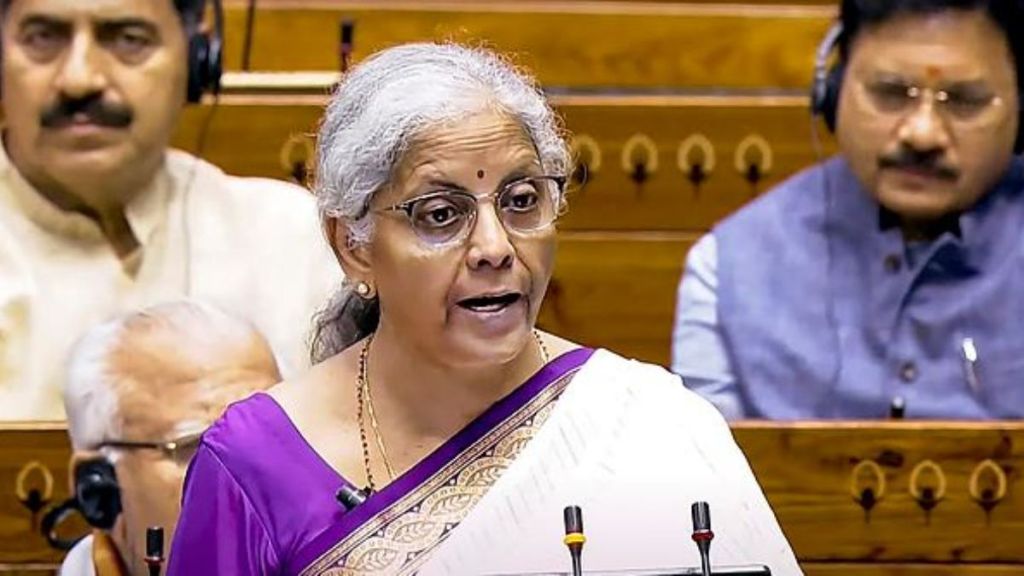In one of the biggest announcements of her seventh consecutive Budget speech, Nirmala Sitharaman proposed to abolish the “Angel Tax”. Contrary to its misleading name, Angel Tax does not provide tax relief. It operates under Section 56(2)(viib) of the Income Tax Act, 1961, treating investments received by startups from external investors as “income from other sources” and then, subjecting it to a 30% tax rate.
So, this has come as a relief for the Indian startup ecosystem. Angel tax applies to capital raised by unlisted companies through share issuance to Indian investors. If the share price exceeds the fair market value of the company, the surplus amount is treated as income and taxed accordingly.
Ahead of the Union Budget, the Department for Promotion of Industry and Internal Trade (DPIIT) had proposed to eliminate the levy on startups. Last September, the Income Tax Department introduced new angel tax rules, assessing shares issued by unlisted startups to investors. Originally targeting domestic investors, the Budget for fiscal year 2023-24 expanded this to include foreign investments.
With over 1.17 lakh registered startups eligible for Startup India incentives, Deloitte India Partner Sumit Singhania said that this is a positive step that not only recalibrates the tax landscape for startup investors and foreign strategists but also showcases the government’s progressive approach to tax policy. He said the removal of angel tax, which has been a burden since its introduction in 2012, represents a timely correction. It signals the government’s commitment to fostering long-term strategic investments and encouraging more risk capital to stimulate innovation and research and development (R&D), he added further.
Gouri Puri, Partner, Shardul Amarchand Mangaldas & Co says, “Abolition of angel tax is a big win for the start-up community and Capital inflows. PE and VC funds can now proceed to invest in share capital of Indian companies based on arm’s length commercial principles (that often entail a price differential) and fluctuating valuations, without tiptoeing around angel tax provisions.”

